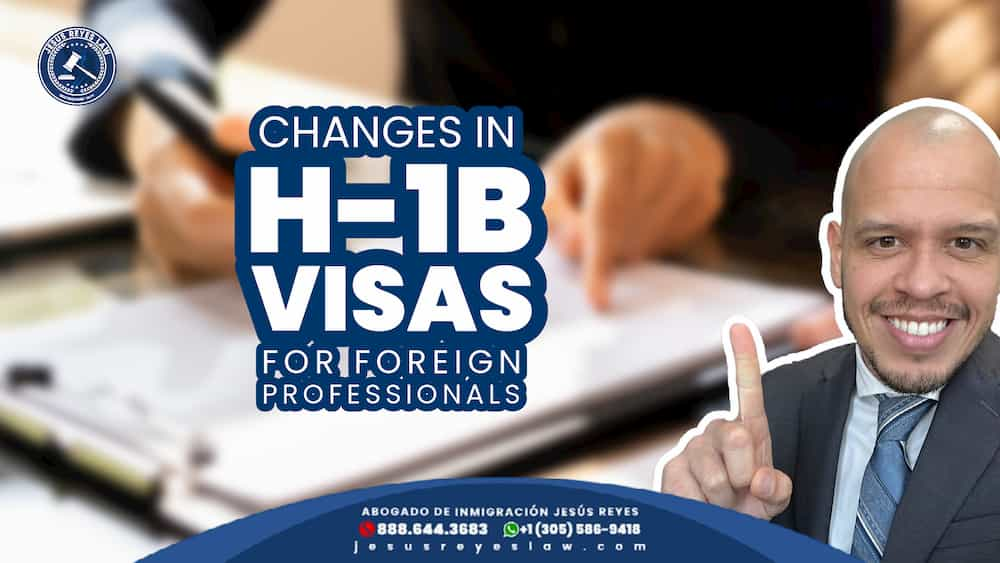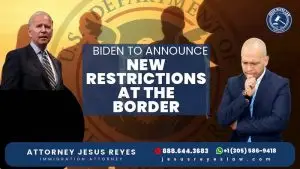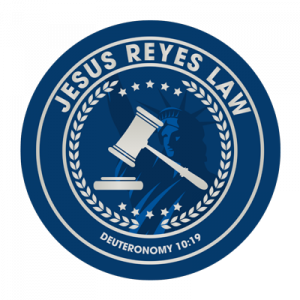Over the past year, fraud in the H-1B visa program for foreign professionals has significantly increased. In response to this situation, the Joe Biden administration has announced changes in the regulations of these visas with the aim of preventing manipulations and strengthening the integrity measures of the system.
The Increase in Fraud and Government Concerns
In April, the United States Citizenship and Immigration Services (USCIS) alerted about a 60% increase in the number of visas requested for the fiscal year 2024 quota compared to the previous year. This rise generated serious concerns about possible manipulations in the system.
Six months later, USCIS published a new regulation on its digital page to modernize the H-1B Visa Program. The main goal of these changes is to halt fraud and abuses to the system, as well as to streamline eligibility requirements and improve the program’s efficiency.
Use and Operation of the H-1B Visa Program
The H-1B visa program allows US employers to hire foreign workers to fill specialized job positions. Every year, 85,000 slots are awarded, of which 20,000 are reserved for graduates with a master’s degree from US universities. The countries that use these visas the most are India and China.
To obtain an H-1B visa, an employer must register and submit the name of the person for whom they are requesting the visa. However, until now there wasn’t an explicit prohibition for an employer to submit multiple registrations for the same person, which increased the chances of obtaining an H-1B visa.
Government Proposed Changes
The regulation proposed by USCIS seeks to change the way the H-1B visa beneficiary selection process is conducted. Instead of selecting registrations, individual beneficiaries will be selected. This way, the likelihood of the registrations being legitimate will be improved, and the advantage of submitting multiple registrations for a single beneficiary will be reduced or eliminated.
Moreover, a stricter definition of the specialized positions requiring an H-1B visa is proposed. This new definition will establish a direct relationship between the person’s university degree and the position, thus eliminating interpretation flexibility and preventing possible abuses.
The changes also include improvements in the program’s efficiency, providing additional benefits and flexibilities for both employers and employees. Likewise, system integrity measures will be strengthened, prohibiting related entities from submitting multiple registrations for the same beneficiary and allowing administrative visits to the workplaces.
How the Changes Will Affect H-1B Visa Applicants
If the proposed changes are implemented, it is expected that H-1B visa applicants will benefit in several aspects. On one hand, the new beneficiary-centered selection process will improve the chances of being selected legitimately. Furthermore, beneficiaries will have more variety among legitimate job offers, as each selected applicant will be able to submit an H-1B petition in their name.
However, there are also concerns about possible negative effects of the proposed changes. For instance, the new stricter definition of specialized positions could result in more requests for information and even denials. Additionally, the administrative visits to workplaces could generate certain discomfort and possible denials or revocations of petitions in case of refusal to comply with this requirement.
Next Steps and Public Comment Period
The proposed change in H-1B visa regulations has been published in the Federal Register, marking the beginning of a 60-day public comment period. During this time, opinions and suggestions on the proposed changes will be received before final decisions are made. This public consultation is expected to help improve and refine the regulations before their implementation.
In summary, the proposed changes in the H-1B visa regulations for foreign professionals aim to modernize the program, combat fraud, and strengthen the system’s integrity measures. If implemented, these changes could improve the program’s efficiency and provide more opportunities for legitimate applicants. However, there are also concerns about possible negative effects, such as a stricter definition of specialized positions and the mandatory administrative visits to workplaces. The public comment period will allow for feedback and adjustments before the final implementation of the changes.










